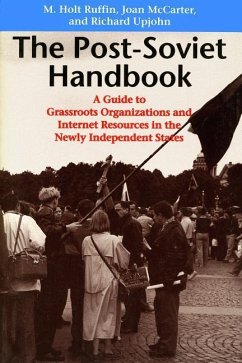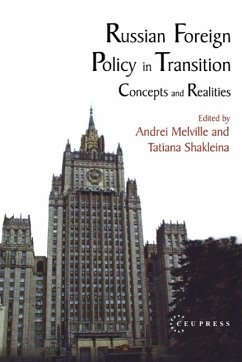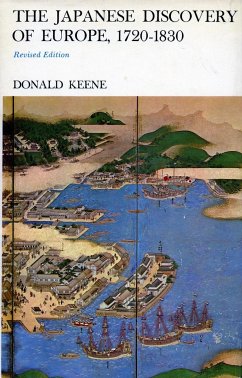
Days of Defeat and Victory

PAYBACK Punkte
15 °P sammeln!
Yegor Gaidar, the first post-Soviet prime minister of Russia and one of the principal architects of its historic transformation to a market economy, here presents his lively account of governing in the tumultuous early 1990s. Though still in his forties, Gaidar has already played a pivotal role in contemporary Russian political history, championing the cause of dramatic economic reform, aggressive privatization of state enterprises, and painful fiscal discipline in the face of widespread popular resistance. Gaidar's youthfulness, energy, and daring are symbolic of a new phenomenon in Russian p...
Yegor Gaidar, the first post-Soviet prime minister of Russia and one of the principal architects of its historic transformation to a market economy, here presents his lively account of governing in the tumultuous early 1990s. Though still in his forties, Gaidar has already played a pivotal role in contemporary Russian political history, championing the cause of dramatic economic reform, aggressive privatization of state enterprises, and painful fiscal discipline in the face of widespread popular resistance. Gaidar's youthfulness, energy, and daring are symbolic of a new phenomenon in Russian politics - the emergence of a younger generation of politicians with a distinctly technocratic bent, looking firmly to the United States and Europe for inspiration and sharing little of the old generation's nostalgia for Communist stability. It was largely the implementation of Gaidar's policies that drove the Russian parliament to rebel against Boris Yeltsin in 1993, leading to the bloody tank assault on the parliament itself. Though Yeltsin prevailed, it was clear that the political and social costs of "shock therapy" were too great for Russia's fragile democracy to bear, and Gaidar himself was ousted to appease the conservatives. His unfinished agenda was put on hold, though he later returned when Yeltsin needed to placate international financial forces. Gaidar remains active in Russian politics, having formed his own political party, Russia's Democratic Choice. In this book, he brings his story through Yeltsin's cliffhanger re-election in 1996, and assesses the still-precarious state of the market reforms and democratic politics.












